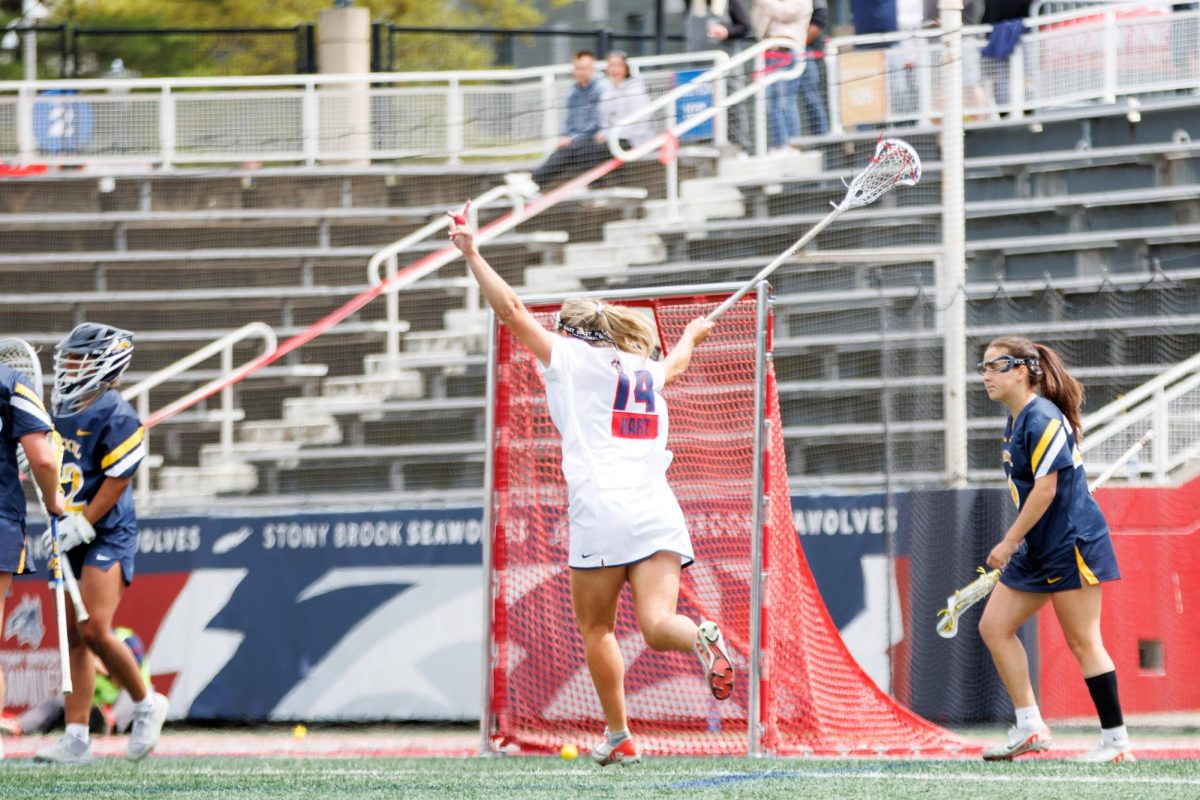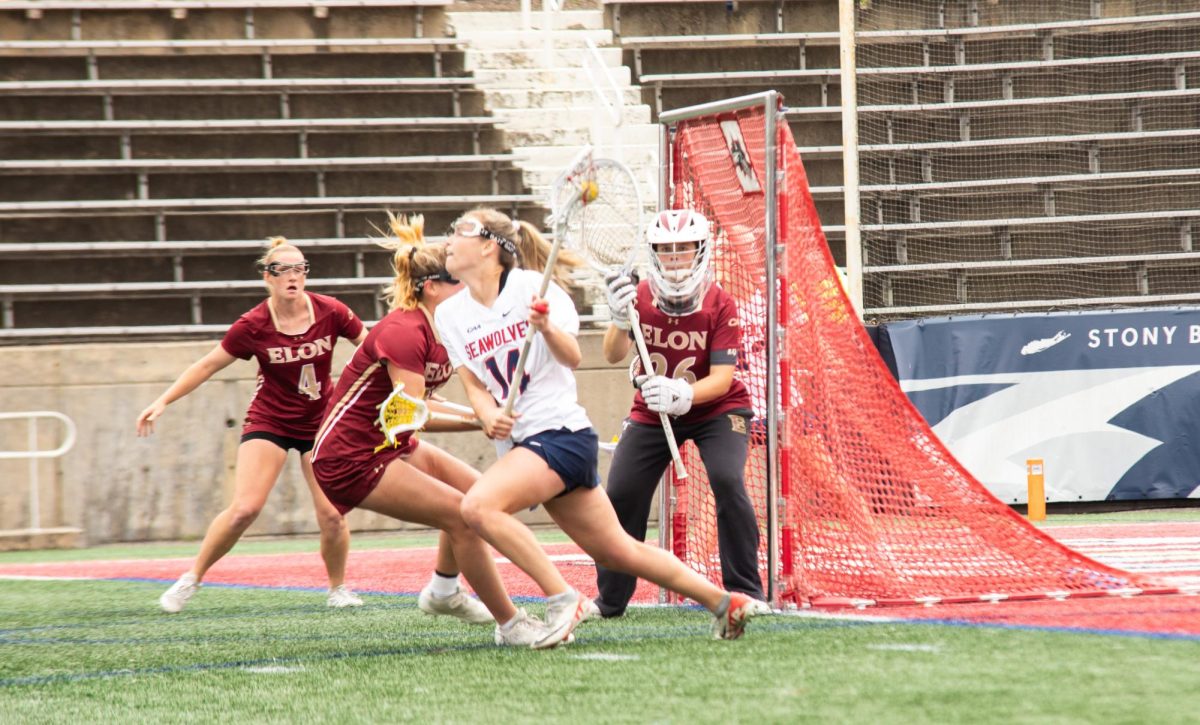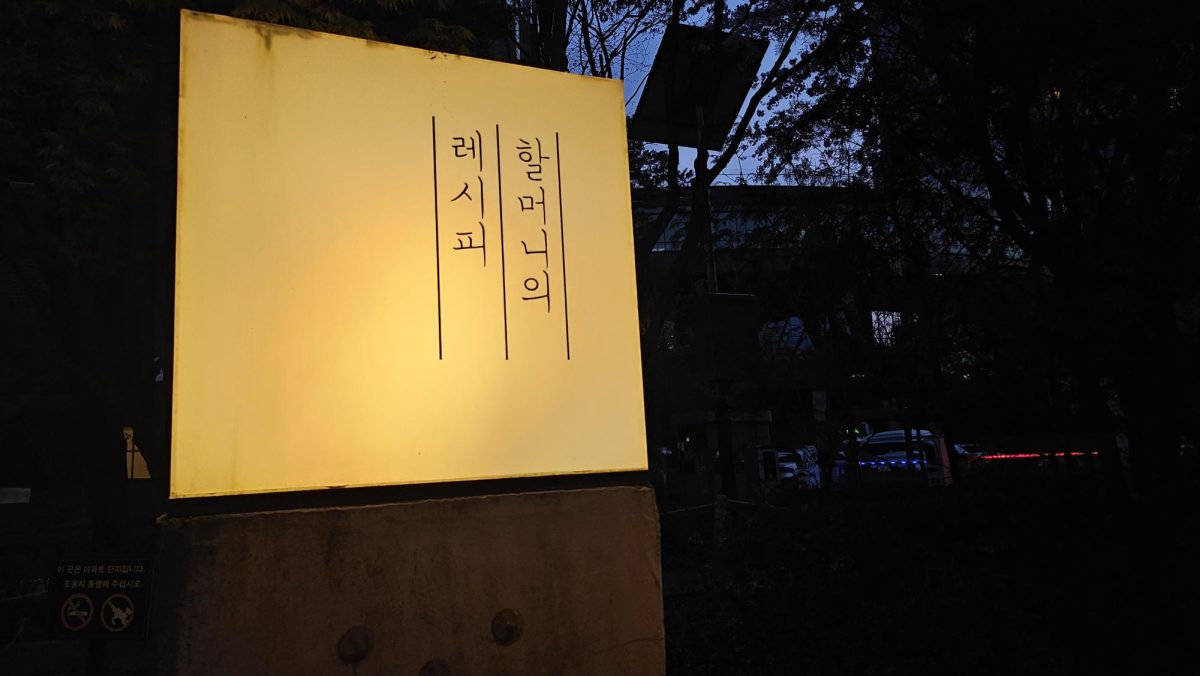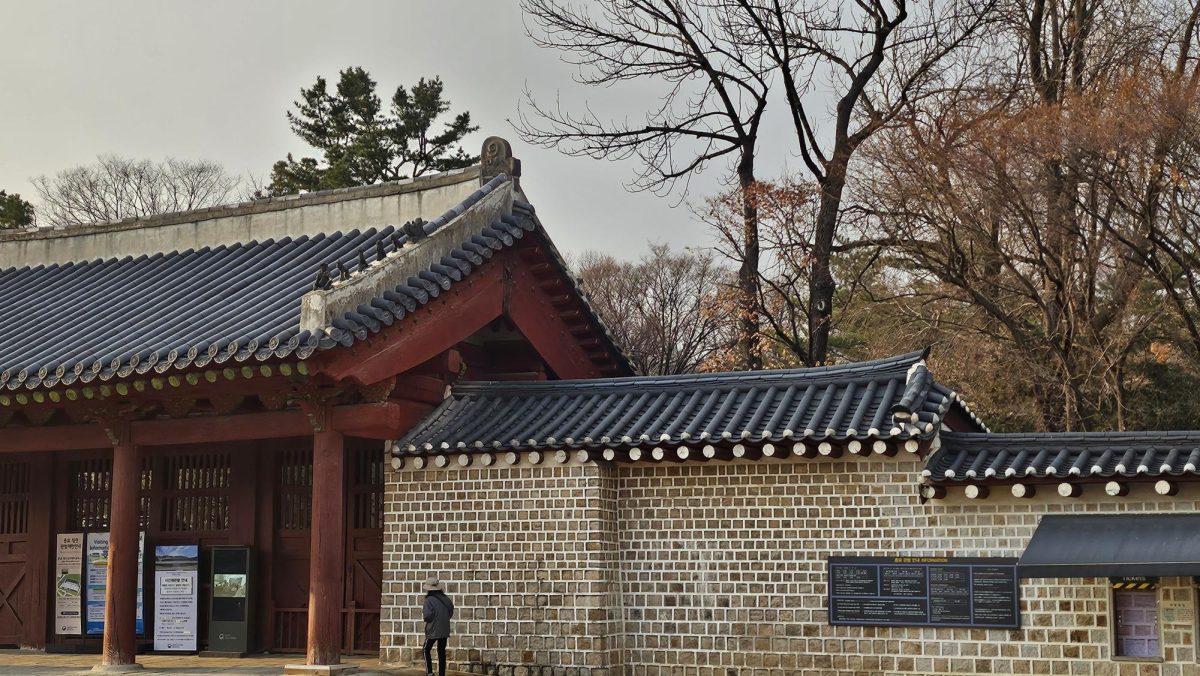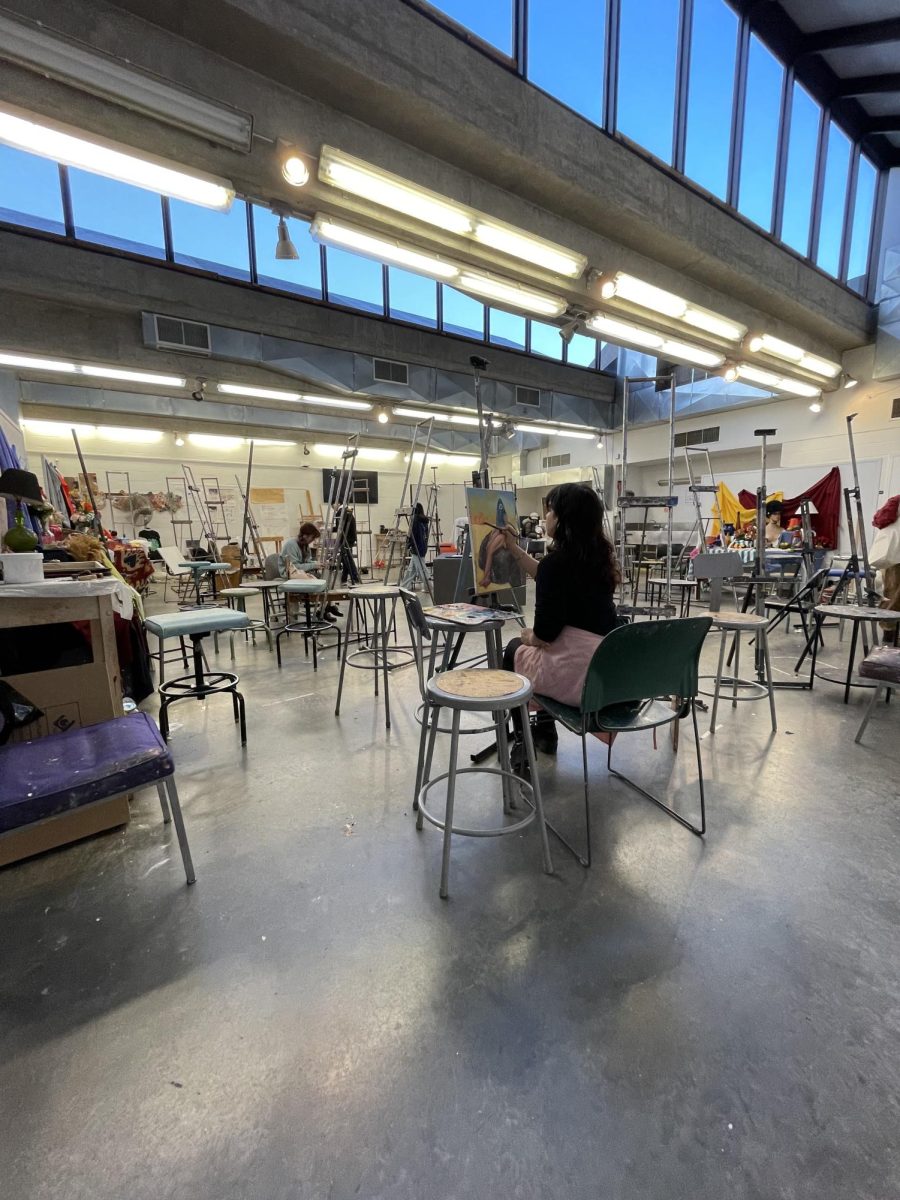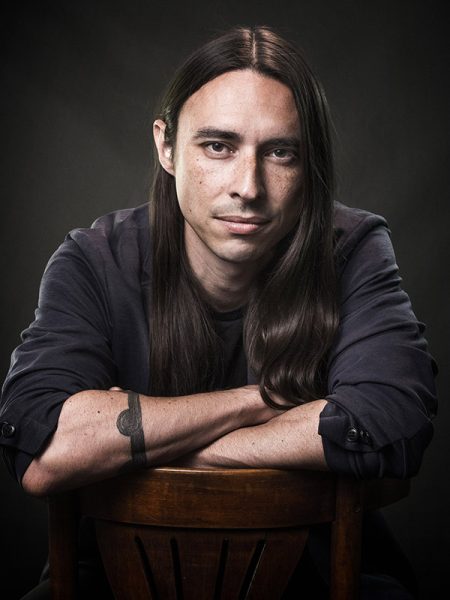
Stony Brook University plans to roll out a Native American and Indigenous Studies minor in the fall 2024 semester with Joseph M. Pierce, a Cherokee Nation citizen, as the inaugural director of the initiative.
Pierce is also an associate professor in the Department of Hispanic Languages and Literature. His research and teaching of Native American studies focuses on gender, sexuality and kinship.
In an interview with The Statesman, Pierce detailed the development of the initiative which was proposed this past summer to the College of Arts and Sciences’ Dean’s office.
The initiative involves launching a minor that covers interdisciplinary studies. Pierce emphasized that it “[centers on the] concerns and histories and cultures of Indigenous peoples as core to its foundation, which means the ways of knowing and understanding life and relationships and history and time are all crucial.”
Although the initiative is in the early stages of development, it involves three core components.
The first is a steering committee consisting of tribal representatives from different nations on Long Island, including the Shinnecock, Unkechaug, Matinecock, Setauket and Montaukett communities.
The second core aspect is hiring five new faculty members who will teach Native American studies courses based on their research areas and related interests.
The third component is the ongoing development of the curriculum, which involves course proposals, the approval process of said course and its addition to the Undergraduate Bulletin. It also includes organizing and connecting existing courses that cover Native American and Indigenous studies across different departments to count towards the minor.
Looking forward, Pierce has proposed ideas for the initiative that incorporate experiential learning components. One proposal is an elder-in-residence program that involves hiring an Indigenous community member. This program would include teaching a class, conducting a series of workshops or engaging in informal conversations with students.
“[This program would] recognize the specific knowledge that elder community members have and bring that to campus as one aspect [of] bridging this gap between the University and the local Indigenous community,” Pierce said.
The program’s development coincides with the University’s emphasis and support of environmental studies and climate change. Earlier this year, Stony Brook University announced it would lead the New York Climate Exchange, an international center dedicated to research, education and the development of solutions tackling the global climate crisis.
The importance of environmentalism from the scope of Native American and Indigenous studies stems from how “Indigenous peoples have long asserted that solutions to the climate crisis are already embedded within our own systems of relating to the environment [and] are often reflections of Indigenous worldviews,” Pierce said.
Additionally, “Indigenous peoples are disproportionately affected by climate change,” Pierce said. “And so when it comes to environmentalism, if Indigenous peoples are not at the table, then something is wrong — something is very wrong.”
Despite the challenges in coordinating the many components of the minor, Pierce said he is excited about beginning a new program at the University. He holds the conviction “that in order for Indigenous people to thrive in this world, we need to be able to tell our own stories, and we need to be able to do it in ways that respond to our own circumstances and our own methods and our own values.”

